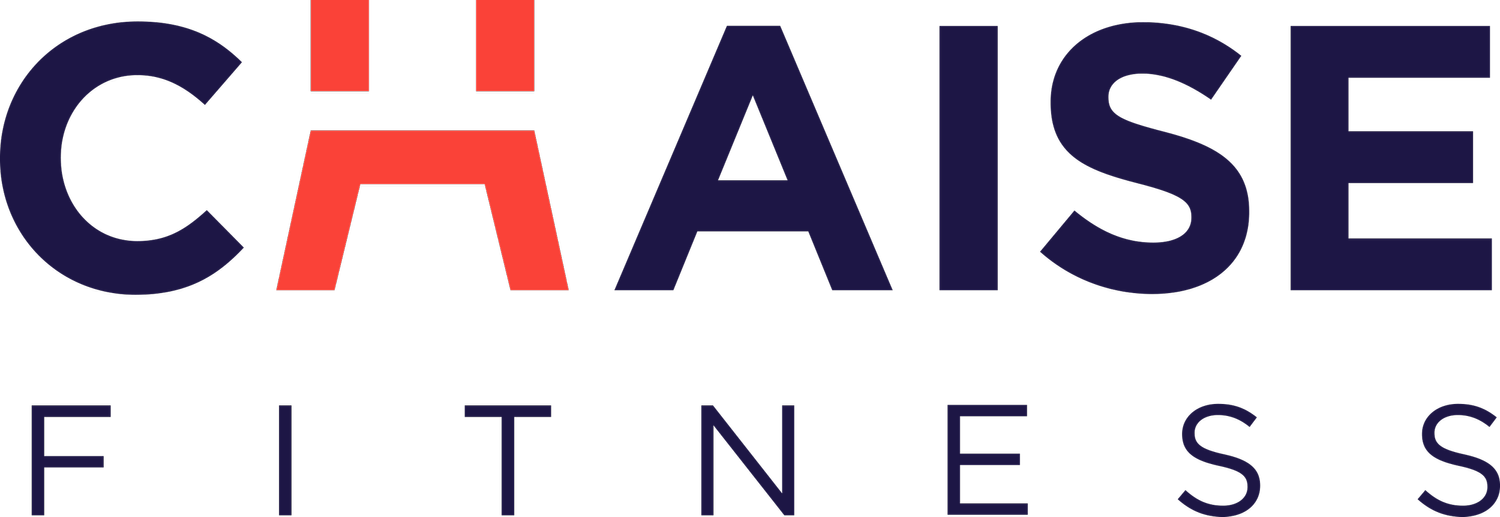Types of Pilates: Which is Right for You?
Pilates is renowned for its excellent physical health and mental wellbeing. Not only does Pilates benefit by improving your core strength, posture, flexibility and coordination, Pilates can also aid relaxation, manage stress, and reduce anxiety. Pilates is more than a workout; it is a lifestyle change that will maximize your potential.
Whether you’re a complete beginner or advanced in the world of Pilates, finding what type of Pilates is right for you will be the key to unlocking success. If you have a set of objectives and goals you want to achieve, or if you simply want to take up Pilates as a hobby, this will really determine the type of Pilates is suitable for you. Each type of Pilates can offer a variety of different health benefits.
Regardless of the type of Pilates class, you find yourself in, there are six core principles to Pilates which remain the same. These include:
Breath
Concentration
Centre
Control
Precision
Flow
Types of Pilates in Upper East Side, Manhattan
In this article, we will unpack the types of Pilates there are to discover the differences. We’ll be focusing on classical Pilates, mat Pilates, contemporary Pilates, reformer Pilates, and clinical Pilates.
1. Classical Pilates
Pilates invented in the 1920s by Joseph Pilates. He intended Pilates sessions to be a strong full body and mind workout executed in a particular order and included transitions between exercises. Classical Pilates typically combines mat and apparatus work following a sequence which is designed to move the body through a full range of movement. The breathing that accompanies each movement strengthens the core, improves balance, and promotes relaxation.
2. Mat Pilates
Mat Pilates is the most accessible form of Pilates as you can do it pretty much anywhere with very little equipment. This normally makes it much cheaper and easier to do in a class. During beginners mat Pilates, you would focus on learning and perfecting the fundamental Pilates movement techniques. Advanced students’ exercises can be modified to increase complexity and intensity by the use of the body weight for resistance. Machines are not used.
The benefits of mat Pilates are endless, from strengthening your abdominals, lower back muscles, pelvic floor, and upper body. Mat Pilates has a host of mental health benefits such as mindfulness, relaxation, and reduced stress as a result of the breathwork that accompanies each movement.
3. Contemporary Pilates
Contemporary Pilates is a variation that combines contemporary forms of exercise such as physiotherapy and biomechanics. Classes will vary depending on the instructor’s teacher training but can also be guided by the objectives, goals, and health of the student. Moreover, exercises are commonly taught in a neutral pelvis when on your back, the lower spine will have some space between the back and the floor whilst the tail bone and ribs will be heavier. of equipment and props as well as modifications to exercises. This follows the natural curves of your spine which allows for a more functional approach, and the inclusion. This makes it great for rehabilitation, pre-natal clients and for post-natal Pilates clients.
4. Reformer Pilates
Reformer Pilates uses the Pilates reformer machine. The Pilates reformer machine comprises of a platform, sliding carriage, ropes and pulleys which help the body to work eccentrically against resistance, in turn, increasing flexibility, strength, stamina and posture. It is arguably more intense and dynamic than a mat Pilates class as the machine is designed to add resistance to each of the Pilates’s exercises.
Regardless of your ability, reformer Pilates can be tailored to beginners or advanced students, helping you to achieve your health and wellbeing goals. However, the springs can act as assistance if you are struggling to move. If you are partially weight bearing the reformer can really help you. Reformer Pilates is also suitable for injury rehabilitation as clients do not have to be vertically loaded with full weight bearing through their legs, particularly important if you have undergone knee surgery or are suffering from a knee injury.
5. Clinical Pilates
Clinical Pilates is our area of expertise at Chaise Pilates and offers a tailored experience for each individual. A clinical Pilates class is 1:1 or 1:2 and will be taught by a qualified physiotherapist. An initial one-to-one assessment will be conducted to get a thorough understanding of your medical history and any pre-existing medical conditions you may have. This is designed to help your physiotherapist or clinical Pilates instructor tailor your clinical Pilates session to your rehabilitation needs and goals.
Whether you have a current injury, have had recent surgery, suffer from recurrent or chronic pain, have had a baby or are pregnant, clinical Pilates is suitable for everyone. By incorporating safe, effective, and specific Pilates exercises, clinical Pilates will help to build core strength, correct muscle imbalances, aid rehabilitations and prevent future injuries.
Check Out the ChaiseFitness Pilates Studio in Manhattan
Contact us
New Client Specials:
Three Private Sessions for $250 a good place to start!
Our biggest belief is that education is key. These blogs are designed to give information to everyone; however, it is important to remember that everyone is different! If you have not seen one of our therapists and have any questions about injuries, just ask. What you have read or whether this may be useful to you, please just ask. We are more than happy to help anyone and help you in the right direction. The more you understand about your injury, illness, and movement, the more you are likely to improve. Visit us on the Upper East Side, NYC.
Chaise Fitness Studio 1204 Lexington Avenue New York, New York 10028
Phone 212-744-6100
To book a private or duet session, please contact the studio directly with your desired dates, times, and types of sessions. https://chaise-fitness.squarespace.com/contact
